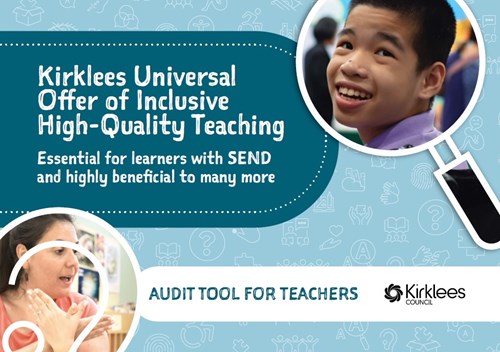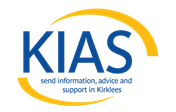Some money is already within school’s budget to support children with SEND as follows:
Element 1: Core Educational/School place funding (sometimes referred to as the Age Weighted Pupil Unit (AWPU))
Schools get most of their funding based on the total number of pupils in the school. Every pupil in a school attracts an amount of money and this is the core budget for each school. It is used to make general provision for all pupils in the school including pupils with SEND.
Element 2: The School's Notional SEND Budget
Within the schools’ block formula allocation there is a 'notional' budget for SEND. The amount in this budget is based on a formula which has been agreed between the schools and Kirklees. It is the responsibility of each school to make sure the 'notional SEND budget' caters sufficiently for the special educational needs of the children and young people in their school. Schools have a duty to identify, assess and make special educational provision for all children with SEND; and the council has a duty to set out what schools are expected to provide from their delegated budget.
A school should use its notional SEND budget to fund up to £6,000 worth of special educational provision for a pupil with SEND (over and above the basic entitlement of all pupils including those with SEND (Element 1)), including those with EHC Plans. Not all pupils with SEND require special educational provision up to the amount of £6,000, it will depend on the individual needs of each pupil.
Element 3: High needs Block - Top Up (Cluster Working funding and for those with an EHCP)
If support is provided via Cluster Working or via an EHCP then the council will give additional educational funding over and above the funding already delegated to the school (Elements 1 and 2).
When an EHCP is in place, top up funding is given to enable the school to make the special educational provision to meet the educational outcomes found in the EHC Plan. This is called high needs 'top up' funding.
The Local Authority expects a school to fully use their Element 1 & 2 funding appropriately and in accordance with what schools are expected to provide from their delegated budget.



